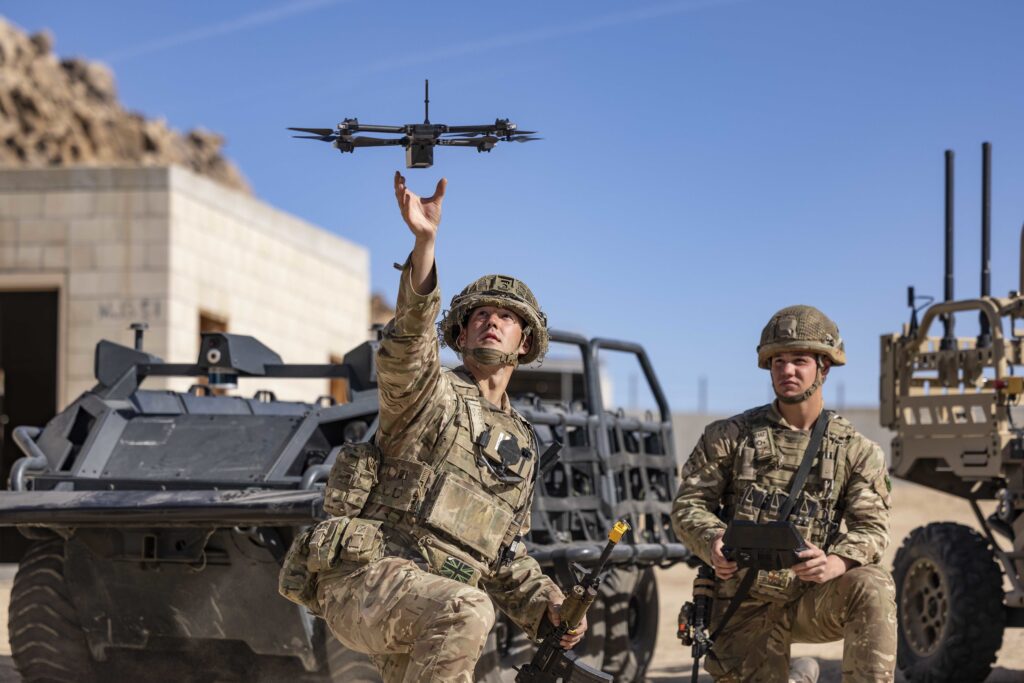The field of military technology is rapidly evolving, with innovations such as drones, autonomous vehicles, cyber warfare, artificial intelligence, and space technology reshaping the future of defense and security. These advancements are aimed at enhancing military capabilities, protecting national security, and staying ahead of emerging threats. As countries invest in research and development, it is crucial to consider the ethical implications of these technologies and establish regulations to prevent misuse. The constant advancements in military tech highlight the need for continuous adaptation and preparedness in the face of evolving challenges in the modern world.
Securing the Future: Advances in Military Tech
Introduction
The field of military technology has seen rapid advancements in recent years, with new innovations and advancements shaping the future of defense and security. From drones and autonomous vehicles to cyber warfare and artificial intelligence, military technology is constantly evolving to meet the challenges of modern warfare.
Drones and Autonomous Vehicles
One of the most prominent developments in military technology is the use of drones and autonomous vehicles. Drones, also known as unmanned aerial vehicles (UAVs), have revolutionized aerial surveillance and reconnaissance, allowing military forces to gather intelligence without putting personnel at risk. Autonomous vehicles, such as unmanned ground vehicles (UGVs), are also being used for tasks such as bomb disposal and mine clearing.
Cyber Warfare
In addition to physical threats, military forces are also facing increasing threats in the digital realm. Cyber warfare has become a major concern, with hackers and cyber criminals posing a significant risk to national security. To combat these threats, governments are investing in cybersecurity measures and developing new technologies to protect their networks and systems.
Artificial Intelligence
Artificial intelligence (AI) has the potential to revolutionize military operations, with the ability to analyze vast amounts of data and make decisions in real-time. AI-powered systems can be used for everything from predictive maintenance of equipment to autonomous weapons systems. However, there are concerns about the ethical implications of AI in warfare, with calls for regulations and accountability mechanisms to prevent misuse.
Space and Satellite Technology
Space has become an increasingly important domain for military operations, with satellites used for communication, surveillance, and navigation. Advances in satellite technology have made it possible to gather high-resolution imagery and real-time data, giving military forces a strategic advantage on the battlefield. However, there are also concerns about the militarization of space and the potential for conflict in this domain.
Conclusion
As military technology continues to advance, it is clear that the future of defense and security will be shaped by new innovations and capabilities. From drones and autonomous vehicles to cyber warfare and artificial intelligence, the battlefield is constantly evolving, and military forces must adapt to stay ahead. It is important for governments to invest in research and development to ensure they have the tools and technologies needed to protect their citizens and defend their interests in an increasingly complex and uncertain world.
